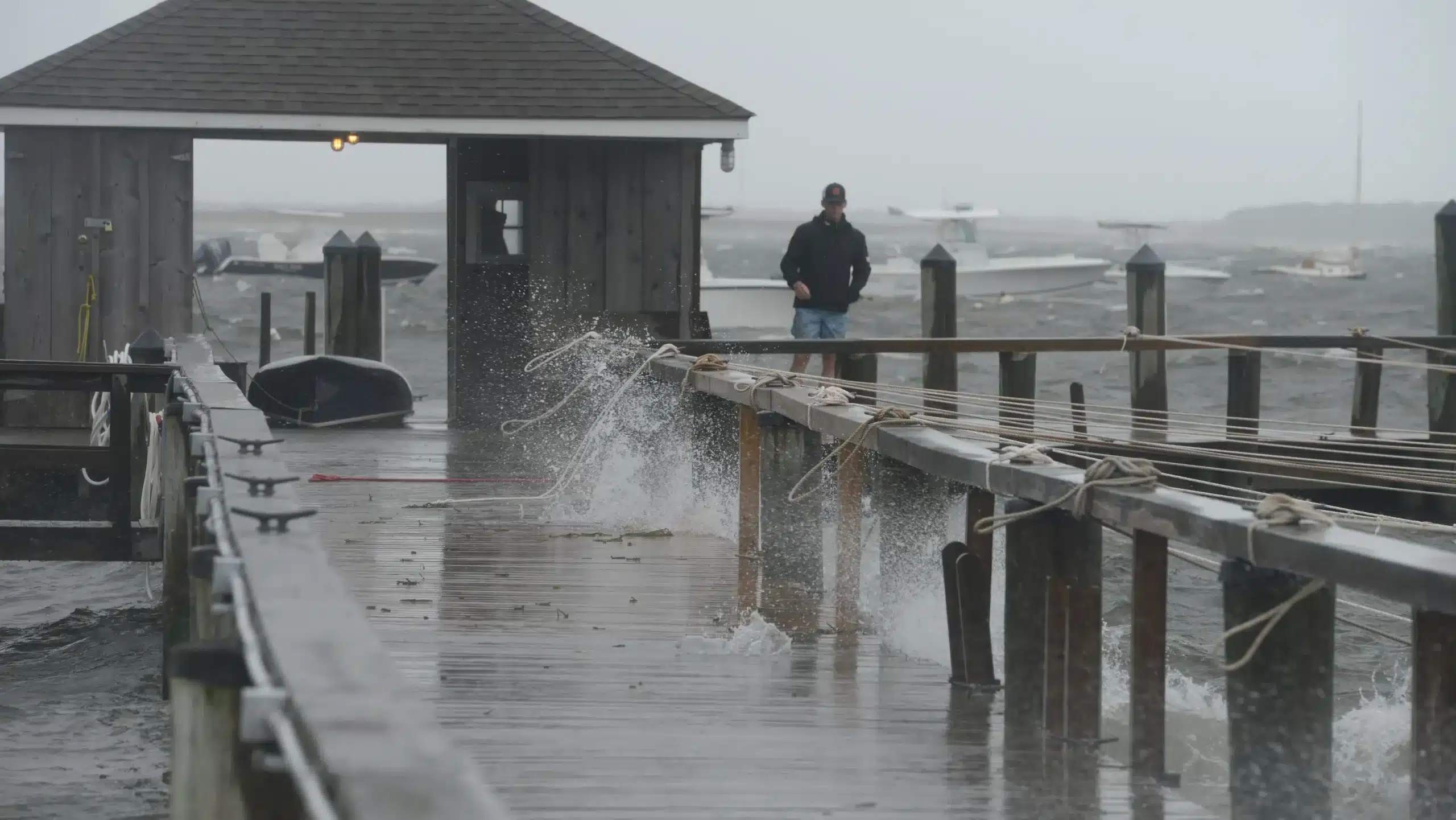Living by the coast brings incredible views, fresh air, and a peaceful atmosphere — but also harsh weather conditions that can take a toll on masonry.
Salt, humidity, wind, and temperature swings can weaken even the most solid stone or brick structures over time.
Whether you have a stone patio, retaining wall, fireplace, or custom outdoor kitchen, regular maintenance is key to protecting your investment and preserving your home’s beauty.
1. Understand Coastal Climate Challenges
The coastal environment creates a perfect storm of stressors:
- Salt air penetrates masonry and accelerates erosion
- High humidity increases moisture absorption
- Wind-driven rain enters cracks and gaps
- Freeze-thaw cycles expand and contract trapped water
Even high-quality masonry needs help standing up to nature’s extremes.
2. Inspect Your Masonry Seasonally
Do a full inspection at least twice a year — ideally in spring and fall.
Check for:
- Cracks in mortar joints
- Discoloration or white staining (efflorescence)
- Loose or shifting stones
- Signs of mold or mildew
- Erosion at the base or near water runoff areas
Early detection prevents bigger repairs later.
3. Clean Surfaces Gently but Regularly
Use:
- Soft bristle brushes
- Mild masonry-safe cleaners
- Garden hose (avoid pressure washers unless advised by a pro)
Remove:
- Dirt
- Salt deposits
- Organic buildup (algae, mold, moss)
Avoid harsh chemicals or wire brushes that can damage stone faces.
4. Seal Your Masonry (When Appropriate)
In salt-prone areas, a breathable, water-repellent sealant can:
- Prevent water and salt infiltration
- Reduce staining and cracking
- Extend lifespan of mortar joints
Important:
- Use only professional-grade products
- Never seal already sealed stone without removing the old layer
Not all stone types should be sealed — always consult a pro.
5. Mind the Drainage
Water pooling near masonry is a major threat.
Ensure:
- Downspouts are directed away from stonework
- Drainage channels are clear
- Patios and walkways are sloped properly
- Retaining walls have weep holes
Proper drainage = longer masonry life.
6. Repair Damage Promptly
Small cracks can let in water, salt, and ice — leading to expensive repairs later.
Look for:
- Missing mortar
- Crumbling edges
- Displaced stones or bricks
Call a professional masonry contractor early to avoid escalation.
7. Avoid Plant Overgrowth Near Masonry
Vines, moss, and roots can:
- Trap moisture
- Stain surfaces
- Widen existing cracks
Keep landscape neatly trimmed around masonry elements.
Coastal homes require thoughtful care — and your stonework is no exception.
With regular inspections, gentle cleaning, and smart sealing, your masonry will not only survive the coastal elements — it will shine for years to come.
Need help protecting your coastal stonework?
Gade Masonry & Landscaping offers inspections, repairs, and protective treatments tailored to Cape Cod’s unique environment.






